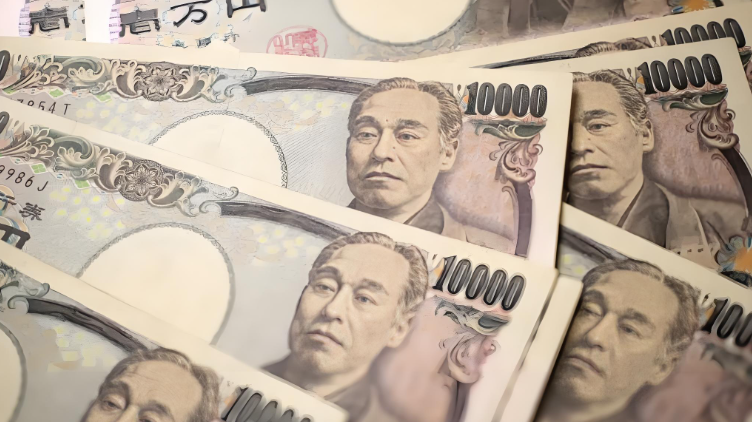The Yen and the Japanese Economy
Advertisements
The Japanese yen has carved out a significant niche for itself within the global foreign exchange marketplace, particularly as a refuge for investors amid increasing international tensions and market volatility. This phenomenon raises a compelling question: what underpins the yen's status as a safe haven currency? To understand this, one must delve into Japan's economic foundation, monetary policies, and geopolitical landscape.
Japan stands as the world's third-largest economy, with a well-established and resilient financial system. Despite experiencing subdued growth over the past few years, the nation boasts a robust savings rate, underscoring the yen's stability. Investors worldwide have great confidence in Japanese government bonds, thanks to a vast and diverse bond market. Consequently, regardless of the fluctuations in the international economic landscape, the yen maintains its appeal as a safe haven — firmly supported by an economy characterized by long-term stability.
Another crucial driver of the yen's reputation as a safe haven lies in Japan's protracted low-interest-rate policy. Following the collapse of the asset bubble in the 1990s, the Bank of Japan has continued to maintain ultra-low rates, even venturing into negative territory at times. This has turned the yen into a popular choice among investors engaging in "carry trades," where they borrow yen at low interest and invest the proceeds in higher-yielding assets. When market turbulence strikes, capital tends to flow back into the yen for debt repayment or to mitigate risk exposure, thereby driving up its value. This pattern is particularly observable during global financial crises or when geopolitical risks escalate.
The interplay between geopolitics and the yen’s valuation is another noteworthy aspect. Japan’s geographical location, distanced from significant conflict zones, affords it relatively lower geopolitical risk compared to other major currencies, such as the dollar or euro. Therefore, in times of global crisis, the yen often displays more stability, further consolidating its status as the go-to safe haven for investors seeking to safeguard their assets.

However, the yen’s status as a safe haven presents a double-edged sword for Japan's economy. Though it conveys high stability and reliability on the global stage, a strong yen can pose several challenges, especially when it appreciates significantly against other currencies. This appreciation has notable repercussions for Japan's export-driven economy, which relies heavily on the strength of its various key industries, such as automotive and electronics. An appreciating yen increases the prices of Japanese exports on international markets, undermining their competitiveness. Consequently, businesses that depend on export revenue may see their profit margins squeezed and even suffer declines in orders.
The impact of a stronger yen extends to Japan’s ongoing struggle with deflation. The nation has battled deflationary pressures for years, and as the yen appreciates, the costs of imported goods decrease. While this may appear advantageous, it typically exacerbates deflationary tendencies by curtailing domestic price inflation. As a result, the Bank of Japan faces heightened challenges in stimulating economic growth while trying to achieve its inflation targets.
Nonetheless, the yen's strength is not devoid of upsides for Japan's economy. When the yen appreciates, companies can benefit from lower costs of imported raw materials and energy, effectively reducing production expenses. For Japanese firms with extensive overseas assets, a strong yen boosts the value of those assets, enhancing their financial statements and overall financial health.
Thus, the duality of the yen's role in the economy is highlighted—acting like a double-edged sword that impacts various sectors differently. While it stands resilient amidst international financial unrest, offering stability and reassurance to global investors as a safe haven, the domestic ramifications can be less favorable. Export-oriented sectors feel the pressure of diminished competitive edge, while domestic policies aimed at boosting inflation may falter due to the deflationary effects of an appreciating yen.
The reality demands an agile response from the Japanese government and the Bank of Japan. In light of frequent fluctuations in the currency's value, they must navigate these complexities with wisdom and adaptability. This may involve timely interventions in the foreign exchange market or adjustments in monetary policy to promote a careful equilibrium that fosters economic growth and curtails deflationary pressures.
In summary, the yen's role as a safe haven currency is deeply rooted in Japan's economic attributes, monetary strategies, and geopolitical stability. However, the interplay between a strong yen and the broader economy presents multifaceted challenges that require vigilant oversight and adaptive policy measures. Therefore, as market dynamics continue to evolve, so too will the strategies employed to safeguard and promote the health of Japan’s economy while maintaining the yen's prominence on the global stage.